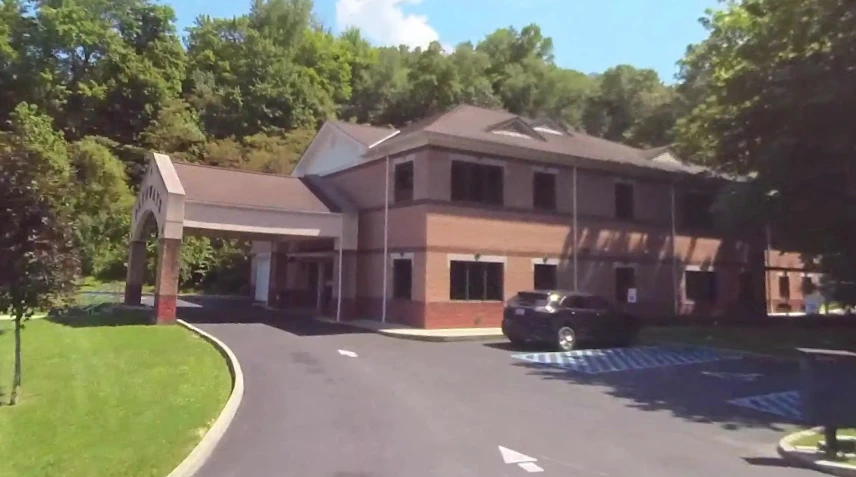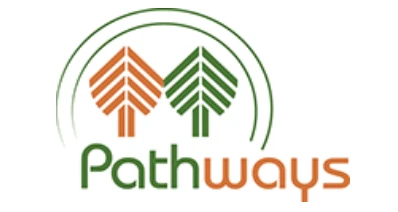Pathways, a behavioral health provider with multiple locations throughout Kentucky, is committed to providing a comprehensive array of services that cater to the diverse requirements of its clients. Ashland, Kentucky, is one of its primary locations, and it provides a diverse array of programs and support services that are specifically designed to address developmental disabilities, addiction recovery, and mental health.
Outpatient Services Pathways in Ashland provides outpatient services that are specifically designed to assist individuals in addressing mental health and substance use disorders in a flexible and accessible manner. These services encompass a variety of individual and group therapy sessions that are designed to facilitate emotional well-being, personal development, and recovery.
Pathways offers an Intensive Outpatient Program (IOP) as a component of its outpatient services. The IOP provides structured therapeutic sessions on a weekly basis, enabling individuals to participate in a more intensive form of care without the need for inpatient treatment. Clients in the IOP collaborate closely with clinicians to address critical components of their recovery, including:
Relapse Prevention: Assisting clients in recognizing triggers and devising strategies to sustain their sobriety.
Group Therapy: Providing a collaborative environment for the exchange of experiences and the acquisition of knowledge from others, as well as peer support.
Individual Therapy: Sessions that are unique to each client, with an emphasis on their progress and challenges.
Pathways provides nursing and medical services to assist its clients in meeting their physical health requirements. This integration of physical and behavioral health care guarantees a comprehensive treatment approach that considers the well-being of the entire individual.
Pathways is dedicated to offering specialized support services to support individuals with intellectual and developmental disabilities. The aim of these services is to guarantee that individuals have access to the care and support necessary to lead fulfilling lives, develop life skills, and promote independence.
The facility provides prevention services that are designed to inform adults about the hazards of alcohol, tobacco, and other substances.
Pathways also provides telehealth services, which enable clients to receive treatment remotely, in recognition of the necessity for accessible care. This option guarantees that individuals can obtain counseling and therapy from the safety and comfort of their own residences, thereby increasing the accessibility and convenience of care, particularly for those with mobility or transportation constraints.
Treatment Modalities Pathways in Ashland implements an assortment of evidence-based therapeutic modalities to accommodate the diverse requirements of its customers, including:
Acceptance and Commitment Therapy (ACT), Eye Movement Desensitization and Reprocessing (EMDR), Motivational Interviewing (MI) and Trauma-Focused Cognitive Behavioral Therapy (TF-CBT).
Pathways is an expert in behavioral health care in Kentucky due to its commitment to quality standards, integration of evidence-based practices, and holistic approach. The facility's dedication to delivering the highest quality of care, assisting clients in attaining a lasting recovery and an enhanced quality of life, is further emphasized by its CARF accreditation.








